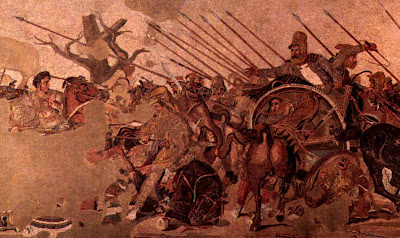Pacific Languages in Diaspora
Call for Papers Amerasia Journal's latest call for papers PACIFIC LANGUAGES IN DIASPORA Guest Editors: Professor Serge Tcherkezoff (Anthropology, French Institute of Advanced Studies in Social Sciences) Professor Luafata Simanu-Klutz (Samoan Language and Literature, University of Hawai‘i, Mānoa) Dr. Akiemi Glenn (Te Taki Tokelau Community Training and Development) Publication Date: Issue planned for Spring 2017 publication. Due Date: Paper submissions (up to 5,000 words) due June 1, 2016 Change is native to the world of Epeli Hau‘ofa’s “sea of islands,” where the ocean has historically connected people and served as a thoroughfare for the flow of resources, culture, and ideas. The Pacific is home to the richest linguistic diversity on our planet and yet many of the native languages of the region are under threat and many more have been lost. As the currents of colonization, globalization, and climate change carry Pacific people far beyond their homel




